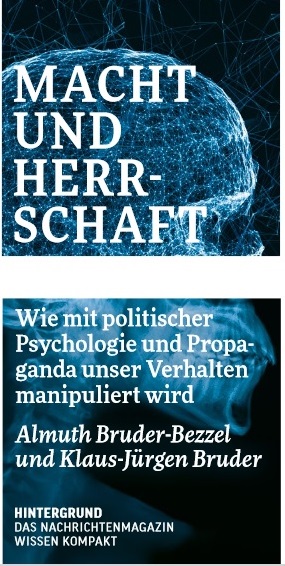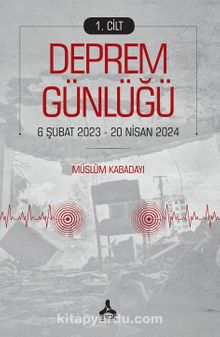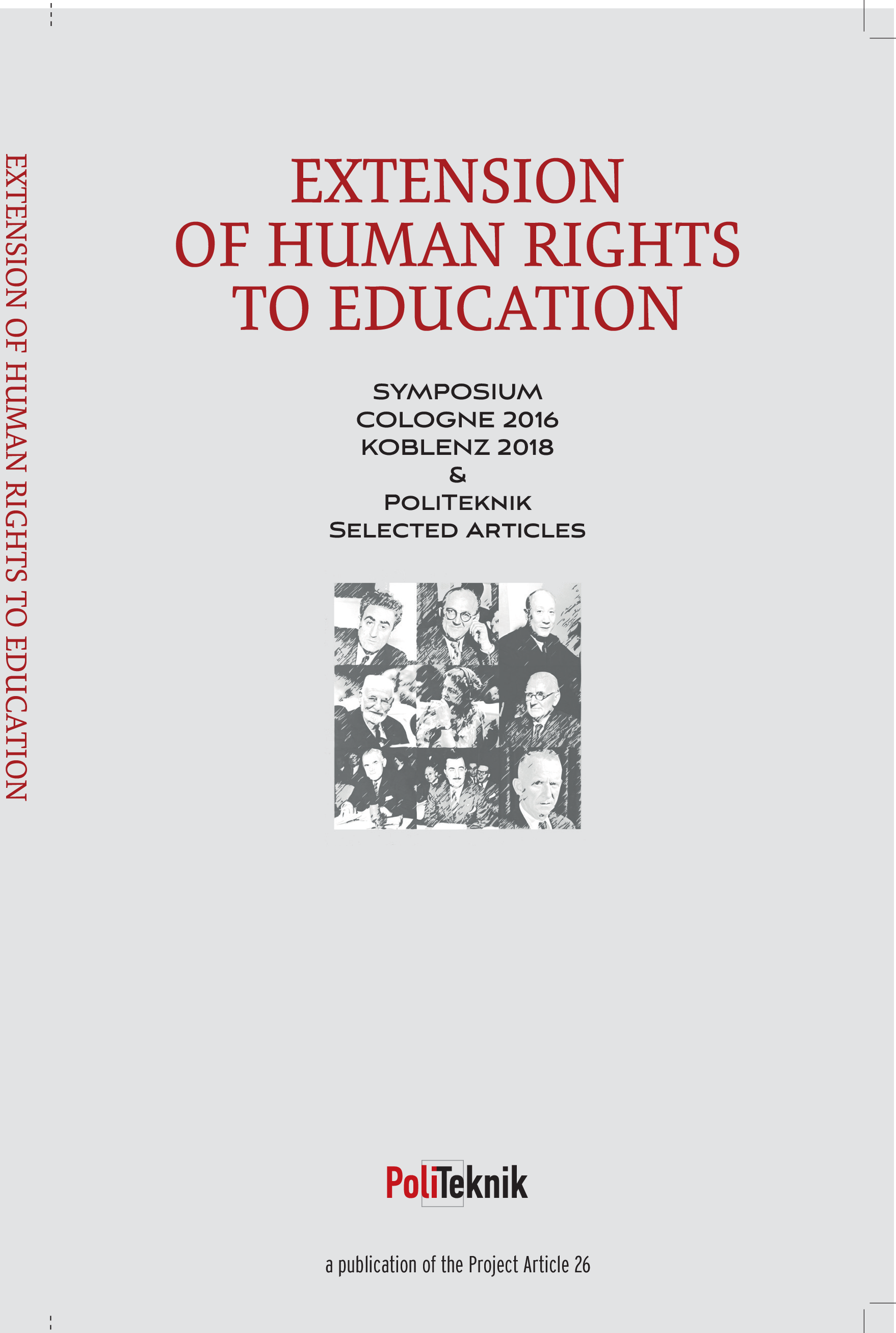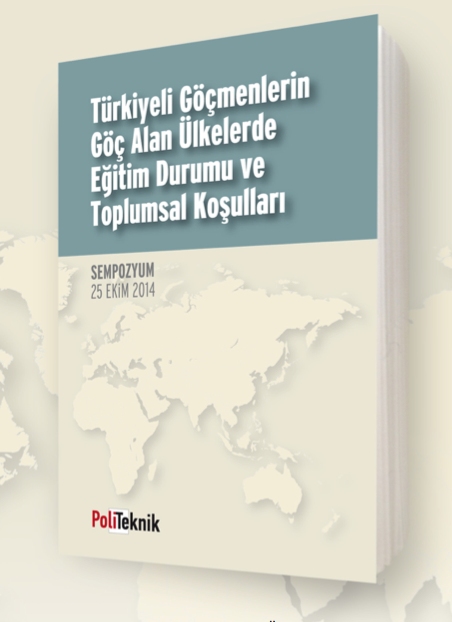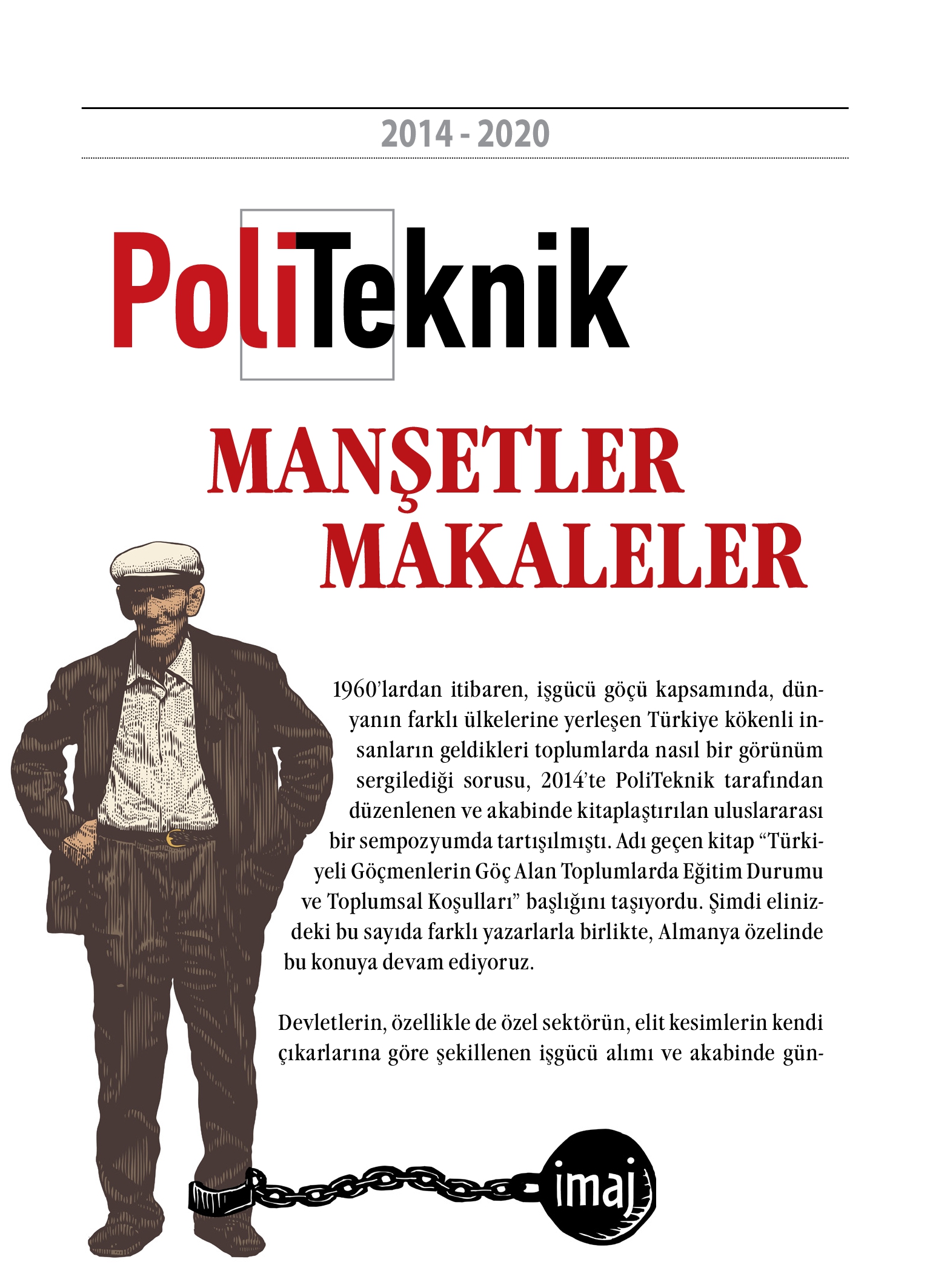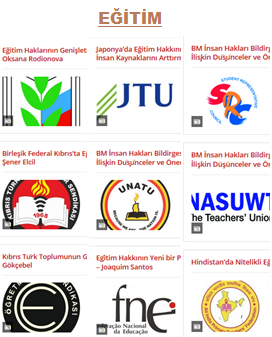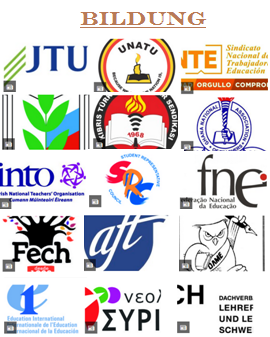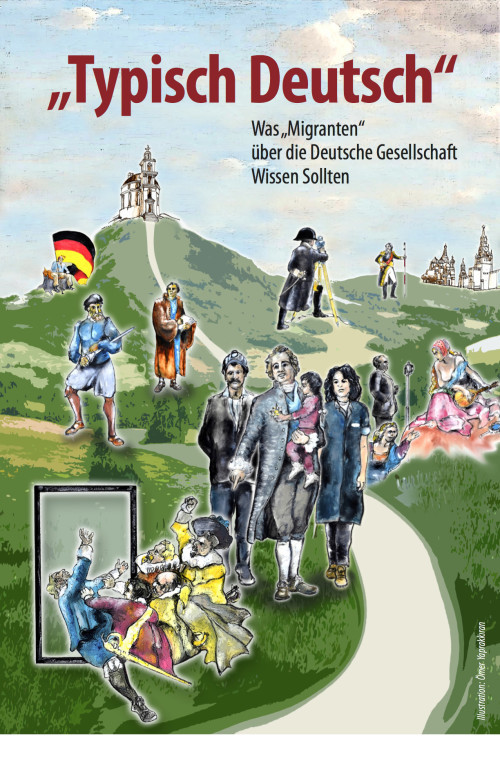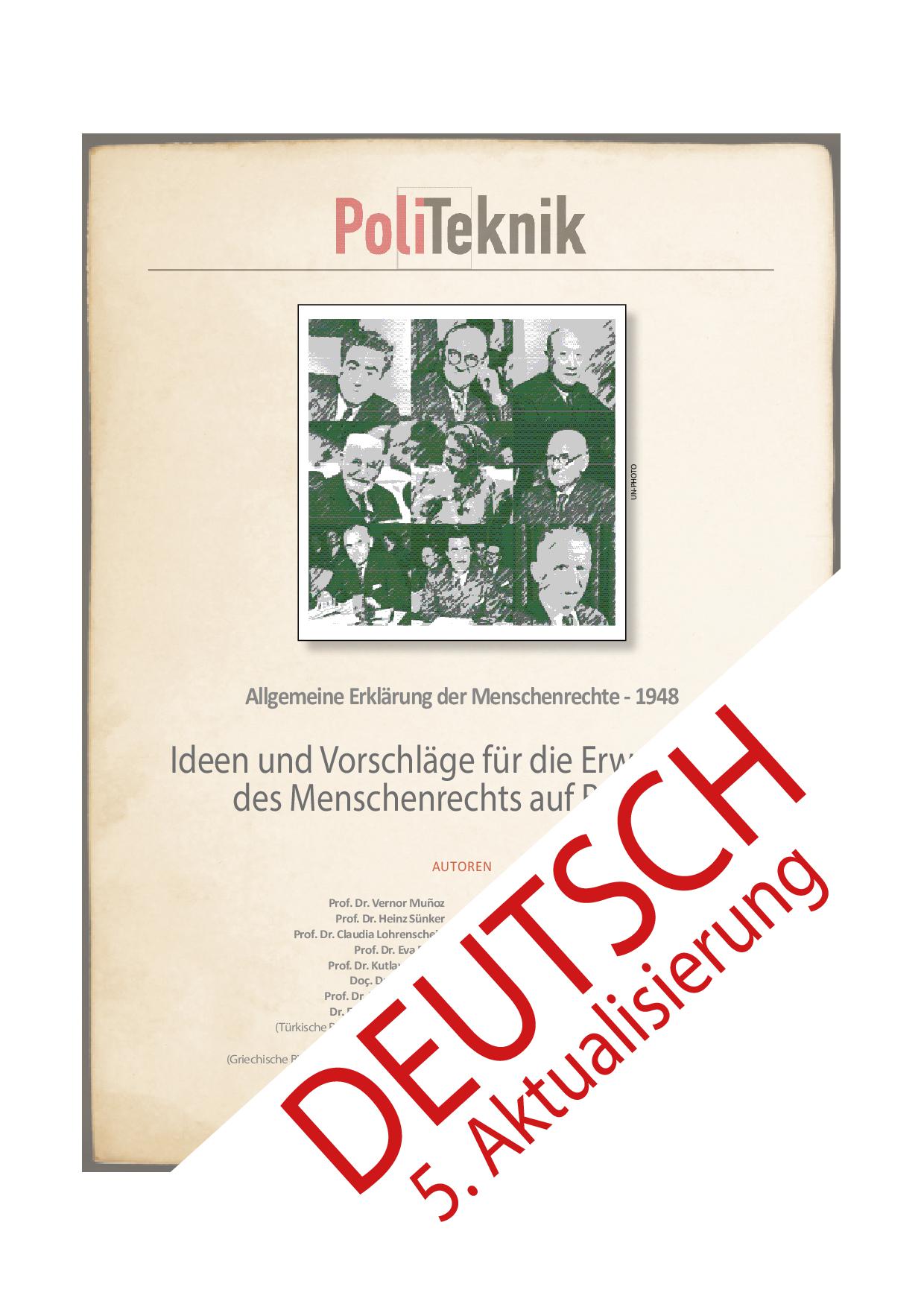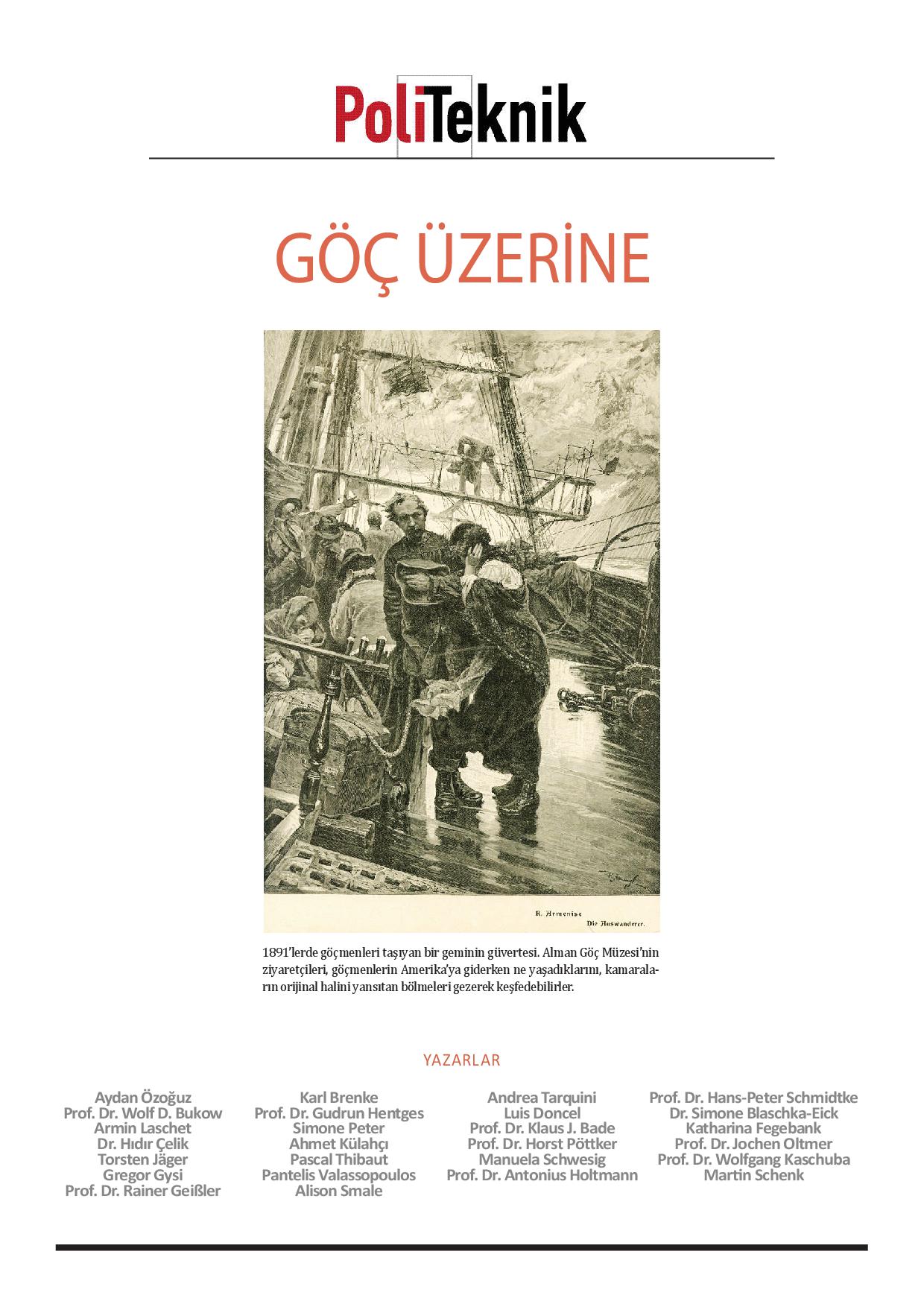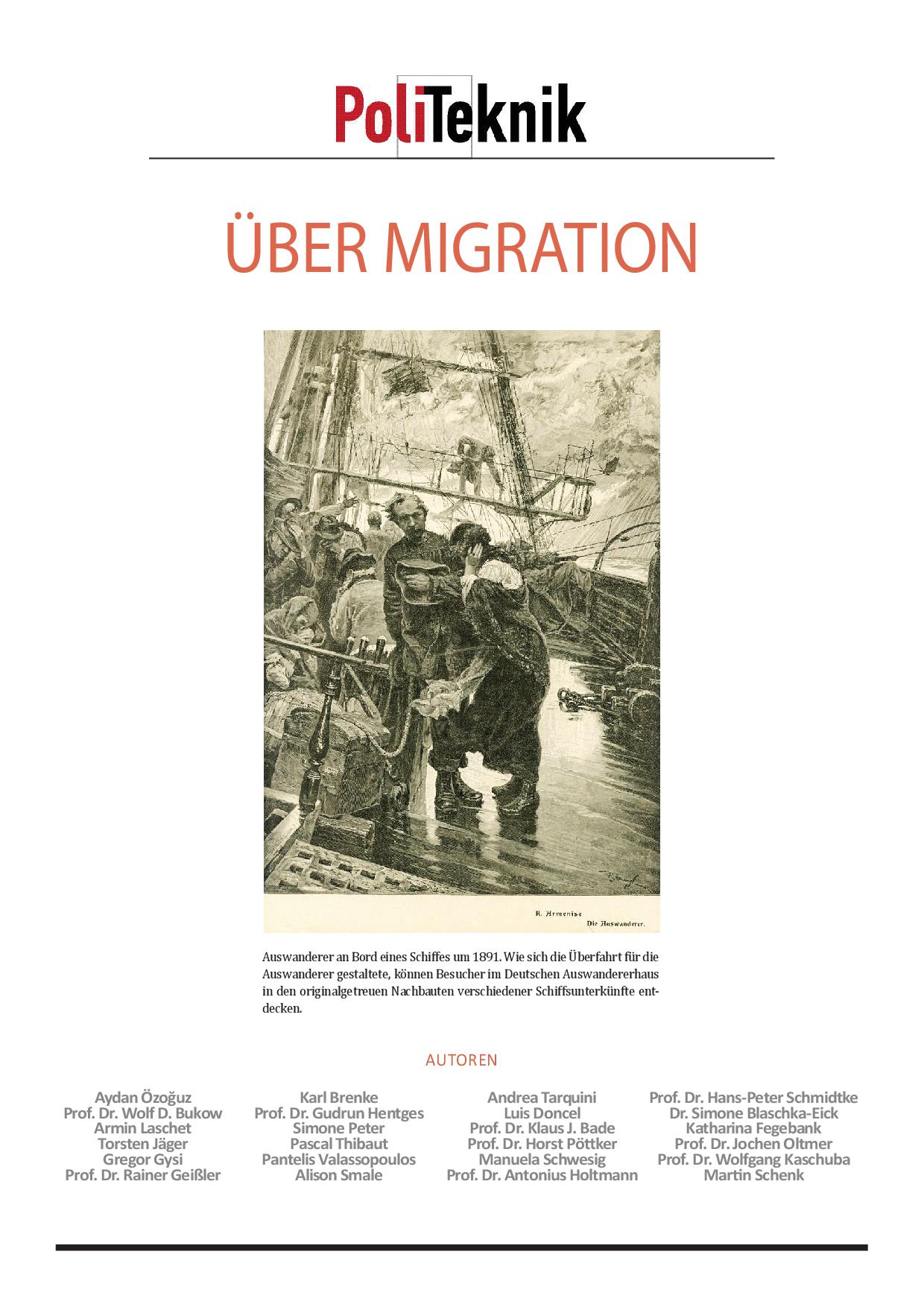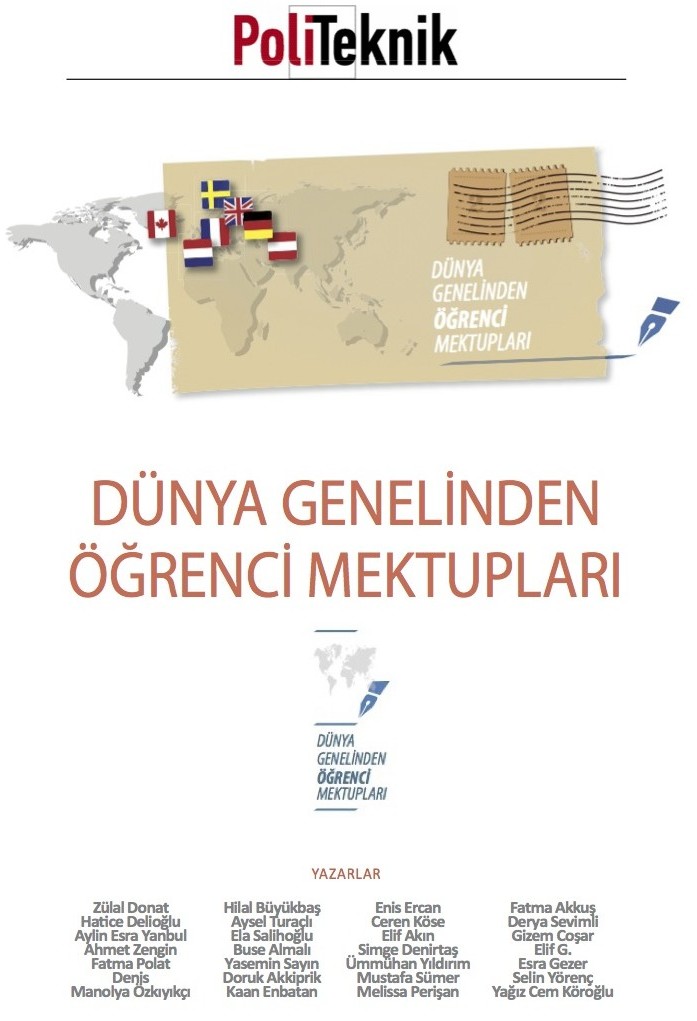Student Representative Council
Wits University – South Africa
 Under the South African Higher Education system, the Student Representative Council is the highest representative statutory body in a university, as recognised by the Department of Higher Education. Wits University has a long standing history of strong, innovative and responsible leadership. During apartheid, the Black Student Society (BSS) at Wits University played an integral role in fighting against the apartheid regime. The BSS was a parallel body to the SRC during the apartheid regime which sought to forward the agenda of black students as the SRC of the time was seen to fail in this regard. Over time, the SRC became a more inclusive structure and is now a true reflection of what an ideal governing structure should look like. More recently, the Wits SRC has been a part of the call for Free, Quality and Decolonised Education – we consider this our current generational mission.
Under the South African Higher Education system, the Student Representative Council is the highest representative statutory body in a university, as recognised by the Department of Higher Education. Wits University has a long standing history of strong, innovative and responsible leadership. During apartheid, the Black Student Society (BSS) at Wits University played an integral role in fighting against the apartheid regime. The BSS was a parallel body to the SRC during the apartheid regime which sought to forward the agenda of black students as the SRC of the time was seen to fail in this regard. Over time, the SRC became a more inclusive structure and is now a true reflection of what an ideal governing structure should look like. More recently, the Wits SRC has been a part of the call for Free, Quality and Decolonised Education – we consider this our current generational mission.
Fees Must Fall has become a national student movement that was initiated by the Wits SRC in October 2015 under the leadership of the then President of the Wits SRC, Shaeera Kalla. Whilst it started as a small attempt to oppose an unjustifiable and exclusionary fee increment and fee system, it quickly morphed into a national movement that spread across university campuses around the country.
The movement has called on the South African government to provide Free, Quality and Decolonised education in institutions of higher learning across the country. This call is not random but has a long history in South Africa. Moreover, it is deeply connected to our history of colonialism ad apartheid. The effects of Apartheid are still prominent in all Spheres of South African society. The Higher Education Sector is no different. One of the prominent impacts of this history is that black South Africans are without the necessary means to access higher education given the deep racialized inequality that characterises South African society and as a result. For most, this inaccessibility means a return to a life of poverty and unemployment which in turn, continues the vicious cycle of poverty. It also means a replication of the same structures of inequality. In a society that is becoming more and more reliant on higher education certification, the need for access to these institutions has never been greater. This is one of the reasons why the movement for Free, Quality and Decolonised Education has become such an important one.
The United Nations Declaration of Human Rights is a fundamental international policy which decrees a wide variety of human rights in an attempt to provide adequate lives for people across the globe. Article 26 of the Declaration speaks to the right to education:
“1) everyone has the right to education. Education shall be free, at least in the elementary and fundamental stages. Elementary education shall be compulsory. Technical and professional education shall be made generally available and higher education shall be equally accessible to all on the basis of merit.
2) Education shall be directed to the full development of the human personality and to the strengthening of respect for human rights and fundamental freedoms. It shall promote understanding, tolerance and friendship among all nations, racial or religious groups, and shall further the activities of the United Nations for the maintenance of peace…”
The right to education has been recognised in South Africa as a fundamental human right and has been enshrined in Chapter 2, section 29 of the Constitution of the Republic of South Africa (Bill of Rights):
“(1) Everyone has the right— (a) to a basic education, including adult basic education; and (b) to further education, which the state, through reasonable measures, must make progressively available and accessible.”
It is clear that society at large recognises the importance of education as being a cornerstone of success in our communities. Without education, human beings are unfortunately vulnerable to the vicious system in which we exist. Both of the above policies emphasise the right to basic education which has, in most societies, become insufficient as a measure of progress. In the context of South Africa, it is simply not enough to say that higher education must be accessible whilst nothing has structurally changed to make this access possible.
There are many examples of countries, where access to further education is sufficient, who have successful economies and low levels of poverty. It is unfortunate that most of these countries are from the West where resources are plentiful. For majority of people in Africa, education is a luxury which they cannot afford. Governing structures in these areas are plagued by severe maladministration and corruption. If there are policies in place that could force the hand of these governments, many of which have signed onto the Declaration of Human Rights, we will definitely see a change in the rollout of education. There are, however, also examples of developing countries which have made access to further education sufficient. One need only look to Cuba to get one such example. Under the Castro administration, Cuba’s education system was revolutionised and was made free and accessible. While education is only compulsory until a secondary level, the level of intake into tertiary institutions is far higher than in other developing countries where education has become commodified. This means an increased output of qualified people who are able to contribute to the economy.
We find ourselves in an era of vastly expanding advancements in all facets of life. Technology, Medicine, Agriculture, Engineering and the Arts are all progressing quickly but many developing countries are being left behind due to the lasting effects of colonialism, global capitalist economies which dictate a narrative of oppression and political systems which are designed to exclude the voice of the masses. The only way to remedy this is by educating our people and providing them with specialised skills to fulfil their personal potential and to contribute to reaching the potential of the country.
It is therefore necessary for the rights in Article 26 of the UN Declaration of Human Rights to include further education and training in an attempt to address the issues outlined above.




